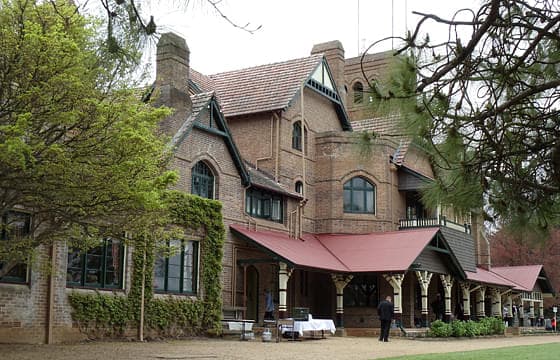Bachelor of Biomedical Science at University of New England
Armidale, Australia
- Tuition Fee AU$ 31,600
- Country Rank#29
- Duration36 Months
- Score IELTS: 6 TOEFL: 79
Program Overview
Respond to changing technology and breakthroughs in understanding human diseases, with UNE's Bachelor of Biomedical Science. You'll gain an understanding of the human body's molecular and physiological mechanisms and knowledge of how diseases manifest in the body to take with you on your chosen career path.
At UNE, our small class sizes and hands-on approach set us apart. Our friendly academic staff have years of real-world experience and are committed to ensuring that you are equipped with not only up-to-date knowledge and extensive specialised practical skills, but also the tools to enable you to pursue lifelong learning and thrive and in the rapidly-changing world of biomedical science.
Build on an excellent foundation in biomedical science and open doors for further postgraduate study, by pursuing a research honours year in the Bachelor of Science with Honours or undertake a Master of Science. You are eligible to apply for admission to candidature for the Doctor of Philosophy (PhD) with sufficient grades from either of these courses.
Cost Of Studying At University of New England
Interest rates as low as 8.9% *
250K+
Students Assisted
800Cr+
Loan Amount Disbursed
5000+
Loans Sanctioned
